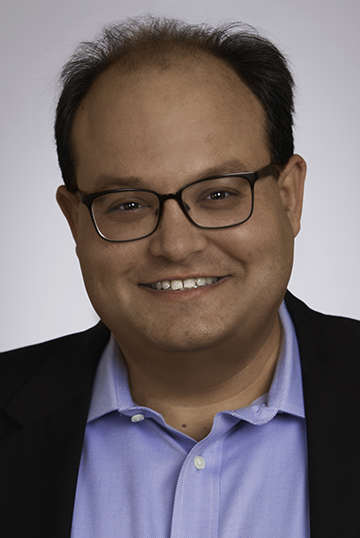Days into his new job as VP and global editorial director for MedPage Today, Ivan Oransky already has a goal in mind: to make the resource even more top-of-mind among the medical community by broadening and deepening its content and engagement. Broad, yes, but his objective is even more complex in that “we already are global…going more global is a serious undertaking,” says Oransky, who recently came over from Reuters Health, where he served as executive editor.
This isn’t to say it’s impossible. Oransky, an MD by training whose experience includes co-founding the blog Retraction Watch and founding Embargo Watch, in addition to stints at Scientific American and the Scientist, among others, already knows how he will help MedPage reach its goals. The key is the audience, he tells MM&M, and he plans on enriching MedPage’s universe by bringing professionals into the conversation.
This means recruiting and elevating bloggers who are “voices that are already out there, but haven’t gotten attention,” but whom Oransky says deserve to be heard. He says he sees blogs as a way to convey the multiple angles of the medical professional space by giving a wide array of professionals—graduate students, medical students, nursing students and deans, for example—a forum.
Oransky says a strong blog network gives professionals the opportunity to “talk among themselves. That’s to me, a big sort of gap and a great opportunity,” he says, noting that Discover and National Geographic have cultivated robust networks that the MedPage audience would value, and he plans on bringing that experience to his new readers.
Tapping into the everyday voice, however, does not mean he’s moving MedPage to a crowd-sourced news model. Oransky says MedPage will continue to cover news (“We reach more than a third of practicing doctors here in the US,” he says), but the additional voices will mean the news site has “more boots on the ground” with the added benefit of “having everybody talk to one another.”
He says an additional benefit is that the professional-to-professional discussions will give MedPage insight about what’s attracting professional interest. In addition to blogs, Oransky says he foresees creating a white-list moderated commenting model, which bases its scrutiny of a writer’s remarks based on past experience: writers who establish themselves as balanced and provocative will be able to post with a limited amount of editorial supervision. Getting to this point requires several posts and letting moderators get to know the poster.
The new editor also anticipates leveraging current assets to a greater degree. He says he wants to do more with contributor Sanjay Gupta, and get his voice more on the site because “he has such a great expertise.” He also envisions newsletters and cultivating relationships with medical societies as part of the larger communications effort.
As for timing, “I now know where the men’s room is,” he jokes, but says he expects to have the beginnings of the new effort in place by mid-fall, just as medical conference season hits. The build-out has already started—Oransky says he’s got a white board of potential recruits and plans on going after them.
Retraction Watch and Embargo Watch will go on, as they did during his Reuters Health tenure. He says he has a “pretty forgiving wife who works evenings,” which is when he writes his posts, but MedPage will come first, saying both of the Watches are “wonderful obsessions…but it always has to take a back seat to my real passion, which is of course medical news, healthcare news…building a tremendous community.”








